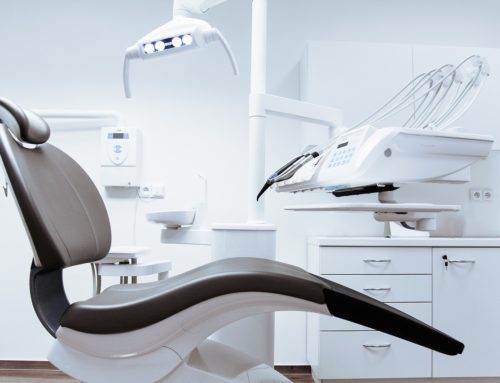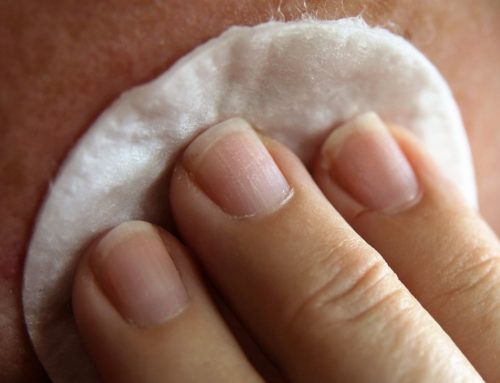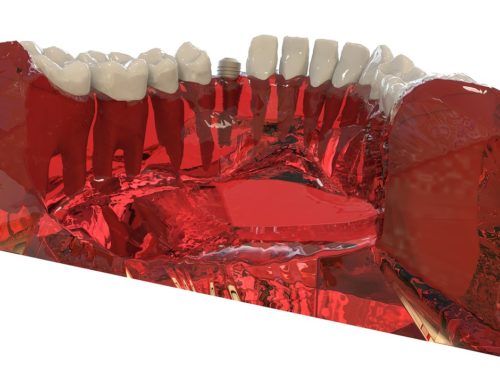In recent decades, life expectancy has increased significantly—a wonderful development with serious implications for your mouth. Today, the average life expectancy is almost 79, with some variation between women and men (for women, it is over 81 years, while for men it is 76.4). In 1965, life expectancy was 65.
Many people face oral health challenges as they age. More than a quarter of Americans over 65 have lost either one full arch in their mouth or all of their teeth. Significant numbers of Americans, both employed and retired, are missing at least a portion of their teeth. The result is a larger and growing larger number of denture wearers.
Until recently, dental care for the elderly consisted of inexpensive treatments, which stressed non-surgical approaches. Tooth loss was often treated with dentures because there were not especially good alternatives.
Today, with advances in dental implant treatments, that is no longer the case. There are many major oral and wider health benefits to dental implants, which act like man-made teeth, and can replace one or multiple teeth. Among those benefits are mouth and teeth which are easier to clean, less likely to decay, and less likely to require root canals. Dental implants are long-lasting and will probably outlast a bridge.
The Essential Health Benefits of Chewing
One of the significant benefits of dental implants is that they offer their owners much better chewing capacity. Chewing capacity has important implication for your oral and broader physical health, which are important considerations if you are considering dental implants.
A consequence of having impermanent, less reliable chewing devices in your mouth like dentures is that you are less likely to eat harder-to-chew foods. That is likely to affect your intake of fruits and vegetables, which provide critical nutrition. In addition to minerals and vitamins, these foods are also high in fiber, aiding digestion.
As you might imagine, the less a person is able to chew, the less he or she chews. And the less a person chews, the less likely he or she is to chew—a pattern that will steadily undermine his or her chewing capacity. Poor chewing may gradually affect swallowing ability as well.
The Psychological Impact of Tooth Loss
In a previous post, I have addressed the psychological dimensions of tooth loss. Different people certainly feel different levels of anxiety when they are missing teeth. But there are some who feel more intense social anxiety in public and social situations, especially if loss of teeth and denture-wearing affect speech, eating, and other critical functions. When it comes to personal and more intimate relationships, the challenges can be even greater.
A big challenge for denture wearers is keeping them in for extended periods, which can be even more difficult for those who have both upper and lower dentures. Such physical discomfort with dentures is a fairly common, and leads to avoidance of social situations and food consumption.
For these quality of life reasons, please consult your greater Philadelphia area oral surgeon if you are considering dental implants or evaluating other solutions for tooth loss.
Take the Next Step
Want to learn if a Dental Implants is right for you? Schedule a consultation at Dr. Farole’s Facial Cosmetic Surgery Center in Bala Cynwyd, PA by giving us a call at (610) 668-3300 today.
Source
The Silberg Center for Dental Science






